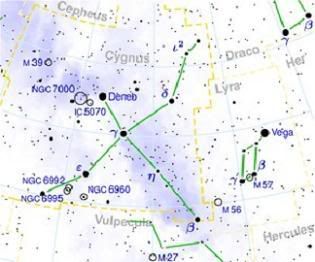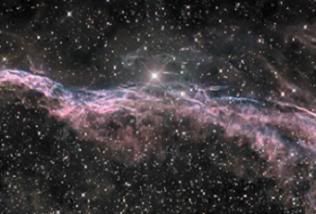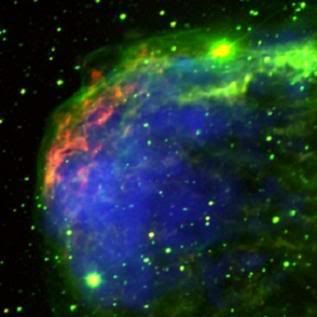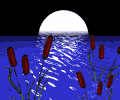Post by glactus on Feb 17, 2008 8:46:01 GMT

Cygnus is a northern constellation, and is also one of the 88 in the modern catagory. Because of the pattern of its main stars, it is sometimes known as the Northern Cross (in contrast to the Southern Cross) and depicts a bird extending over the Milky Way, and appearing to fly south.
Cygnus contains several bright stars.
Deneb, á Cygni, is an extremely brilliant star, very prominent despite its distance (3230 light years). The blue supergiant forms the swan's tail, the upper end of the Northern Cross. Its also the 18th brightest star in the sky.
Albireo, b Cygni, is at the swan's beak. It is one of the most beautiful double stars of the sky, a golden star easily distinguishable in a small telescope from its blue companion.
Another interesting star is 61 Cygni. In 1838, this star was the first star (other than the Sun) to have its distance measured. It is 11.4 light years away, one of the closest stars to our solar system.
The star 16 Cygni B is an extrasolar planetary system with one confirmed planet 1.5 times the mass of Jupiter.
Notable deep sky objects:
Several interesting nebulae are found in Cygnus due to its position on the Milky Way. The North America Nebula (NGC 7000) is found a bit to the east of Deneb. This Nebula is large, but its surface brightness is low so normally it cannot be seen with the unaided eye. Distance from us is 1,500 light years.

The North American Nebula
To the south of Epsilon Cygni is the famous Veil Nebula (NGC 6960, 6962, 6979, 6992, and 6995) which is an ancient supernova remnant covering approximately 3 degrees of the sky. Distance from us is 1,500 light years.

The Veil Nebula
Also of note is the Crescent Nebula (NGC 6888), located between Gamma and Eta Cygni. This nebula is a long way from us, at 60,000 light years.

The Crescent Nebula

credits:
Map and text: Wikipedia
en.wikipedia.org/wiki/Cygnus_(constellation)
image: NGC 7000
brasko.csillagaszat.hu/.../ngc7000HaGBfull.html
image: NGC 6888
chandra.harvard.edu/photo/2003/ngc6888/
image: NGC 6960
www.astrogb.com/ngc6960.htm


